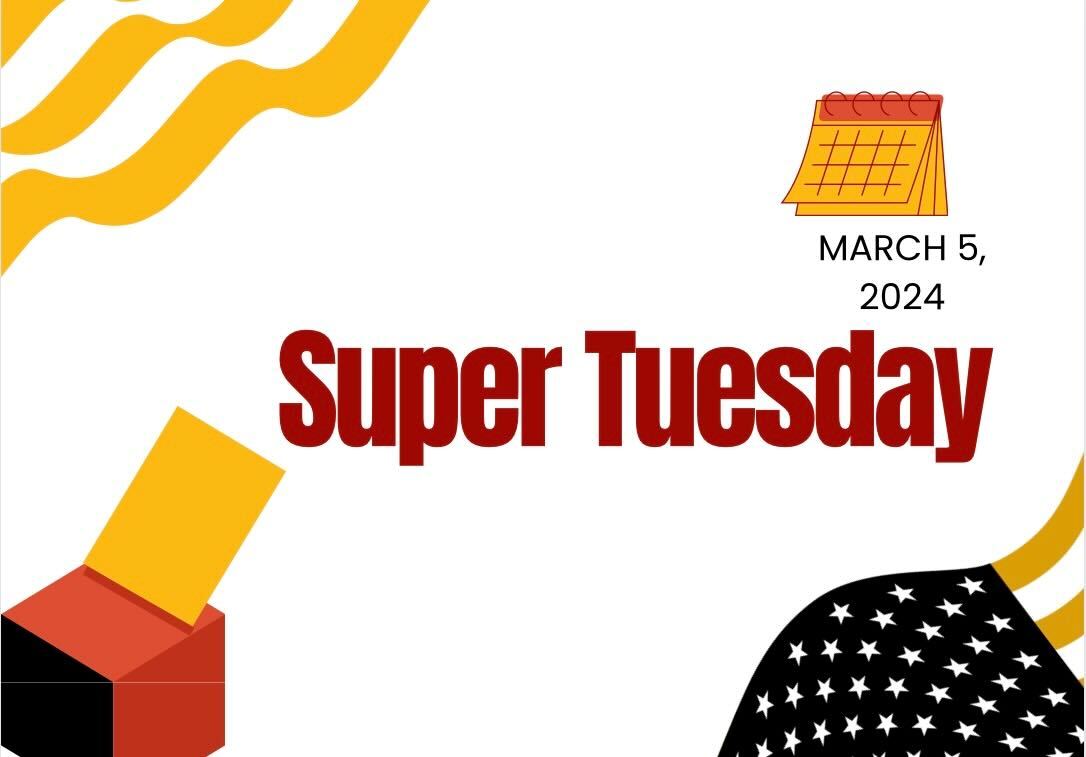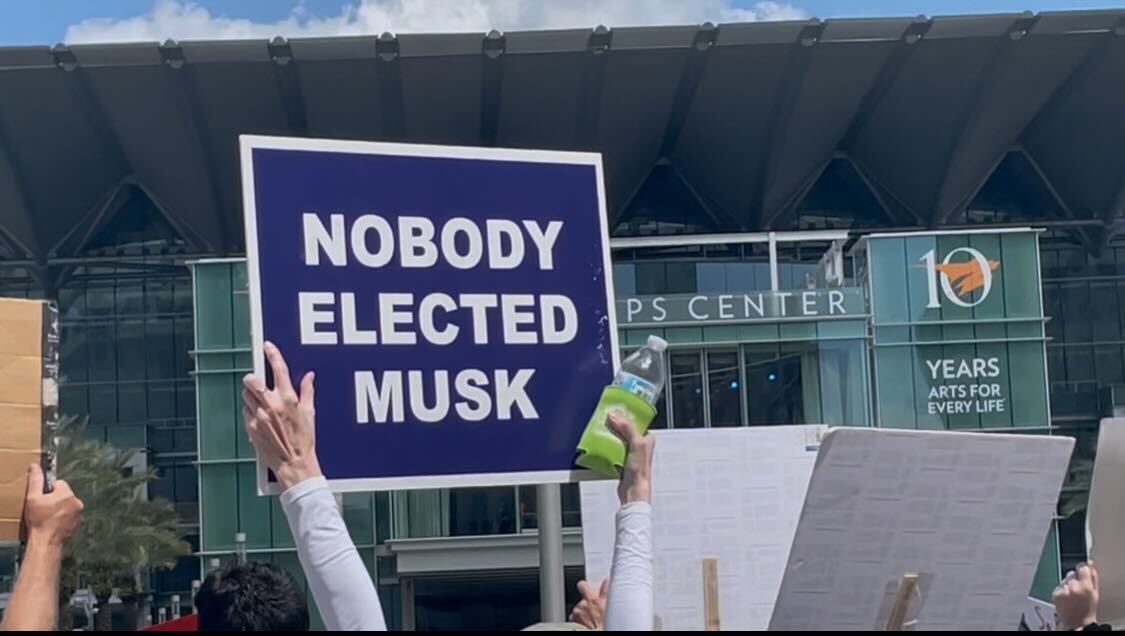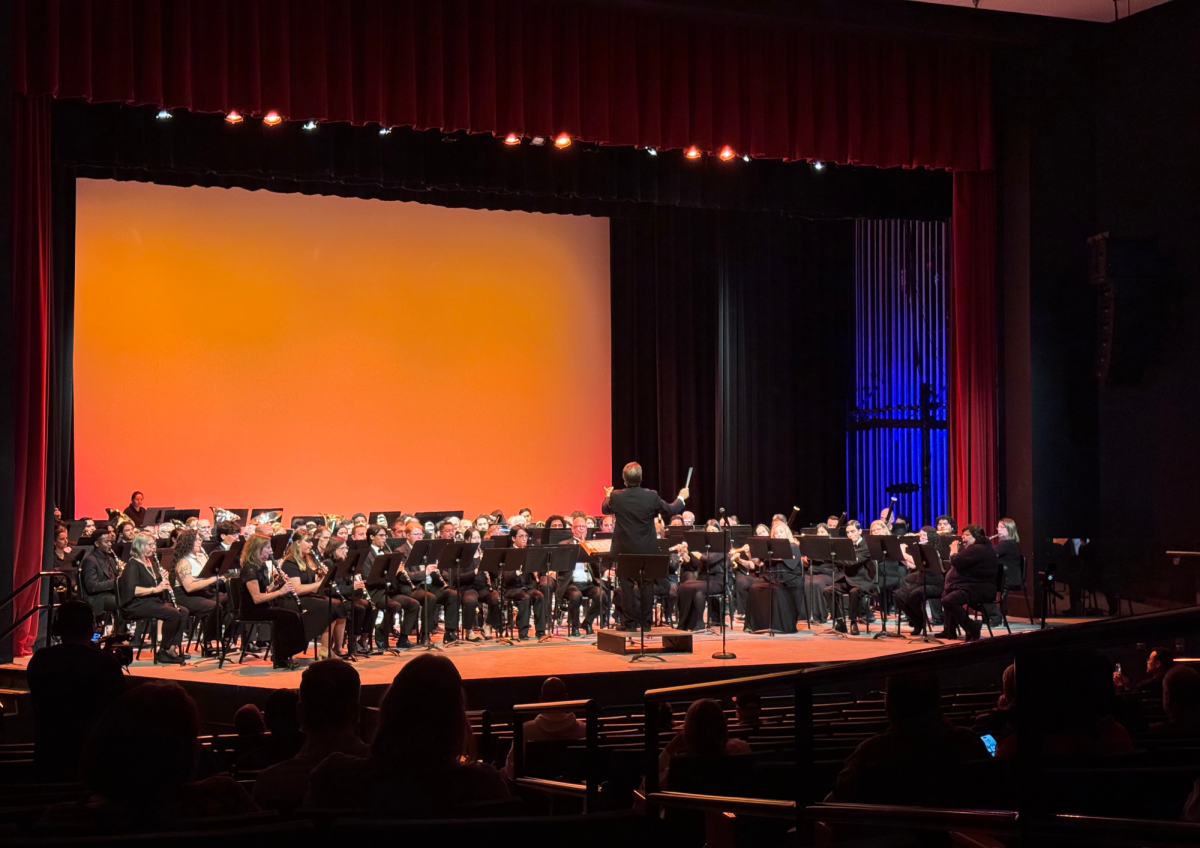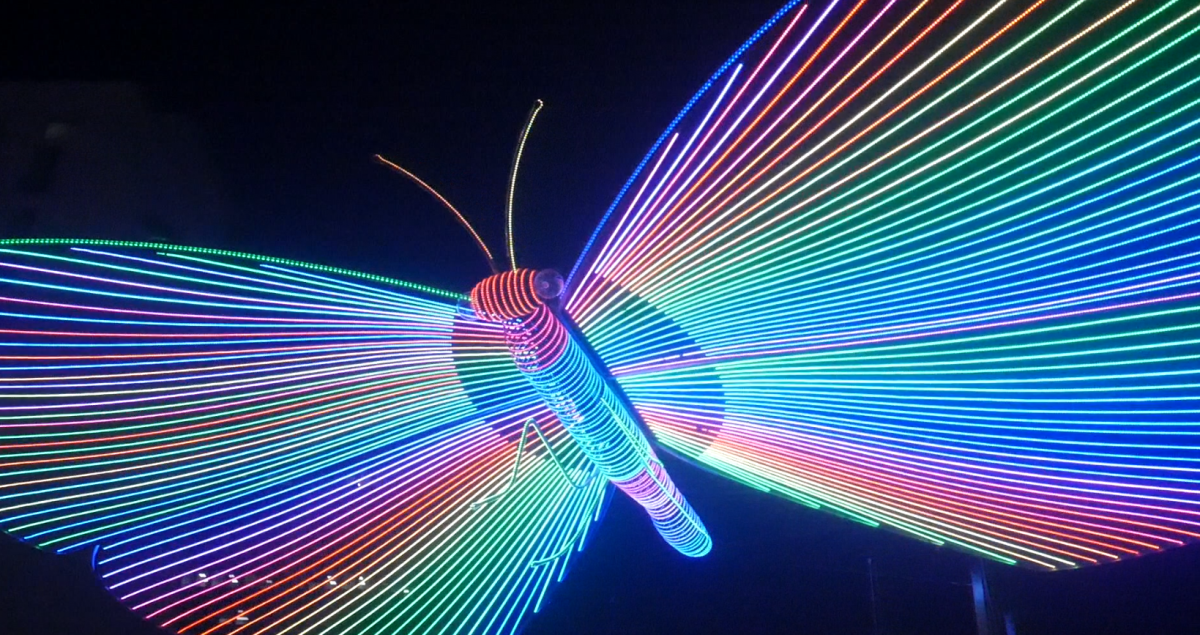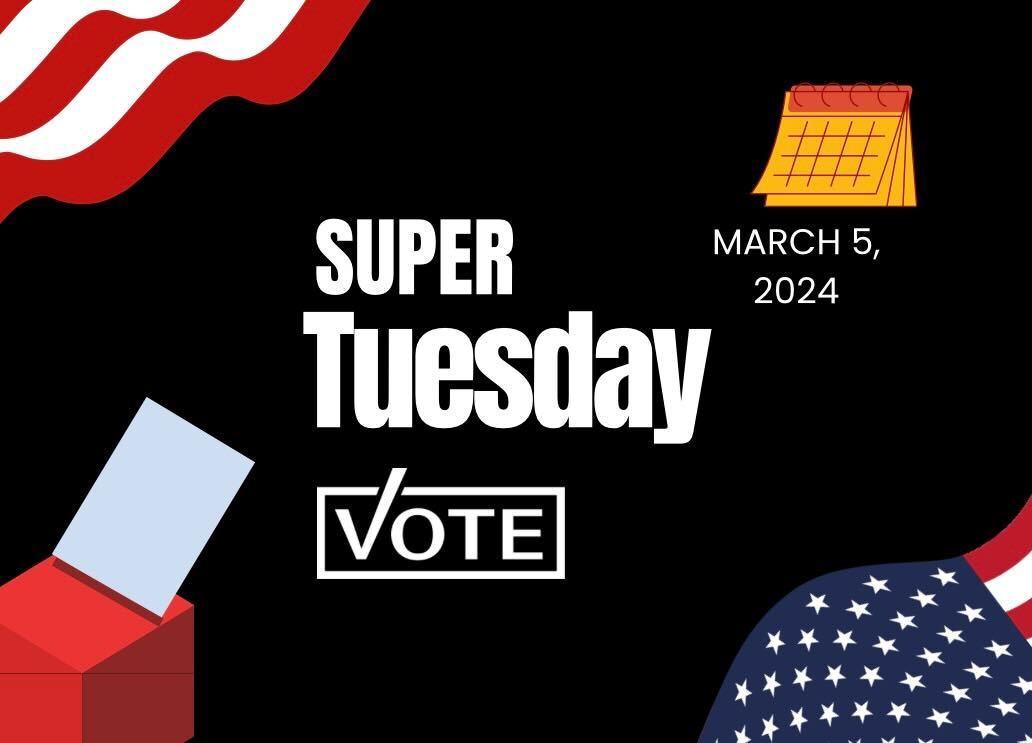
Super Tuesday 2024 will exert significant influence on nationwide politics as it marks the day with the highest number of states casting secret ballots for presidential primaries and caucuses. More than 15 states have confirmed their participation on March 5.
This day is well known for delegates earning their party nominations.
It’s essential to distinguish between caucuses and primaries, as they operate differently. Caucuses typically entail public meetings where voters openly express their support for candidates, while primaries occur six to nine months prior to the elections and utilize various formats such as closed, partially closed, open, partially open, and multi-party systems. Closed primaries restrict participation to registered party members, whereas open primaries allow participation regardless of party affiliation.
While Super Tuesday will offer the potential outcomes of the Presidential elections, it also symbolizes the early stages of the presidential race. Incumbent President Donald Trump is seeking re-election for a second term.
Reflecting on the 2020 Super Tuesday, it’s notable that Minnesota had the highest voting rate on March 3, closely followed by Virginia and Maine.
The political landscape will vary across states participating in Super Tuesday including Alabama, Alaska, Arkansas, California, Colorado, Maine, Massachusetts, Minnesota, North Carolina, Oklahoma, Tennessee, Texas, Utah, Vermont, Virginia, and American Samoa.
Additionally, voters often associate presidential elections with their traditional starting time in August, but several events involving presidential nominees occur as early as March.
It’s crucial to dispel the misconception that all primaries follow a uniform schedule. The National Conference of State Legislatures notes that the dates for presidential primaries vary among the 50 states, commencing as early as March 5 and extending as late as September.
Furthermore, it’s important to note that the establishment of the date for a presidential primary and the type of primary conducted differs from state to state. Nearby states may have different dates; for instance, Georgia’s primary begins on March 12, while South Carolina’s starts on February 24.
Additionally, it’s noteworthy that the establishment of the date for a Presidential primary and the type of primary conducted differs from state to state. Some states may opt for caucuses or conventions instead of a Presidential primary election, while others may use a combination of both.
Downtown Campus Student, Jacob Nola was asked about educating college students in the electoral process, he stated, “I think educating younger generations on the history of America is a good way to start.”
Valencia College students exhibit a commendable awareness of the electoral process and their political rights. However, there is a need to ensure that this awareness translates into active participation in the electoral process.
Student Issai Garayua, Computer Science, said, “the electoral process that allows Presidents to represent people”
He added, Younger generations that are studying at Valencia may not feel comfortable with the idea of voting.”
Issai also talked about being unfamiliar with voting.
“Those below the age of eighteen are not allowed to vote in the national presidential elections, and they are usually unfamiliar with it.” He added, “Voting provides people a way that their voice can be heard. By encouraging them to vote, we are ensuring that they will be represented.”
Student Christopher Liendo, Biology, stated, “I feel like explaining and showing why elections and voting are important would be helpful. Giving lessons to Valencia students about presidents, their purpose and responsibilities would be good because that way when we can vote, we can be educated.”
It is imperative for Pumas to register and exercise their right to vote, thereby shaping the future of America and advocating for their rights.
